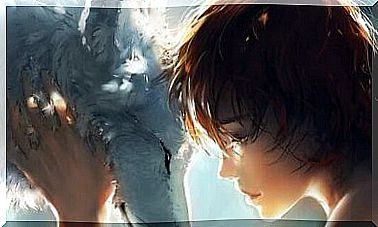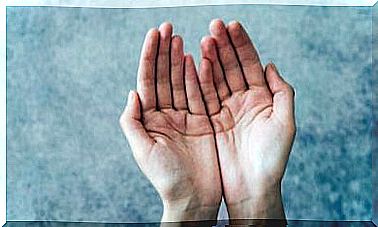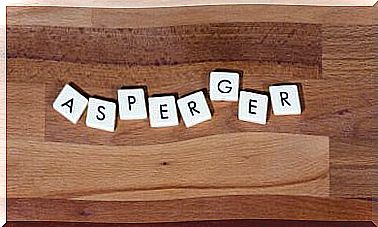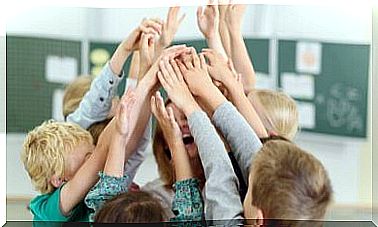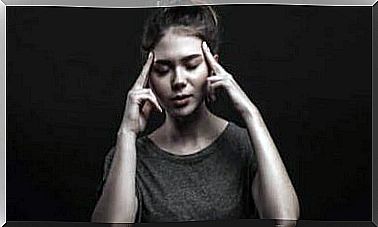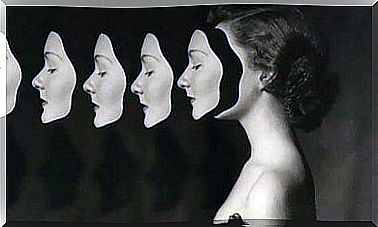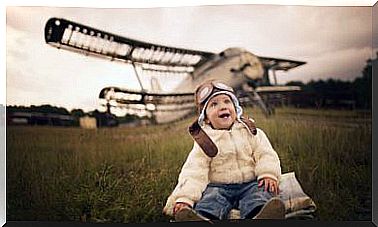Educational Psychology: The Most Important Authors
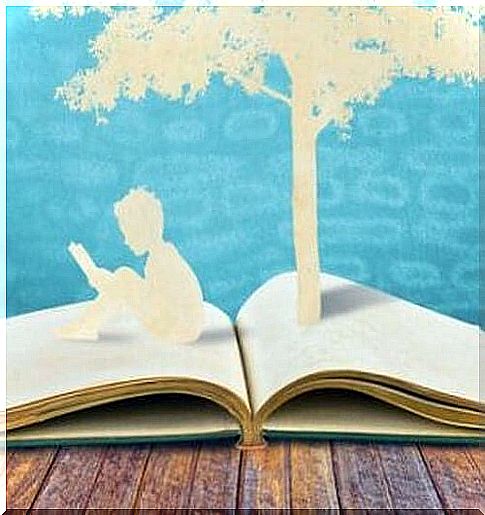
Aristotle once said: “the roots of culture are bitter, but the fruit is sweet”. Although many centuries have passed, his words are still relevant today. The contribution of the Stagira philosopher was fundamental for educational psychology, on a par with that of other authors.
Over time, educational psychology emerged as a fusion between pedagogy and psychology following the need to question the psychological basis of education. In this article we talk about the psychological principles applicable to education and which allow to obtain important results.
History of educational psychology
Educational psychology is a fairly recent science although Greek thinkers have laid the foundations of cognitivism, useful for determining human behavior. For example, Aristotle believed that education was a duty of the state towards its citizens. Like his teacher Plato, he also considered education as a real science, in which values such as virtue and ethics must coexist.
Centuries later, St. Thomas Aquinas will return to these theories based on learning, which he will describe as a gradual path useful for the acquisition of knowledge.
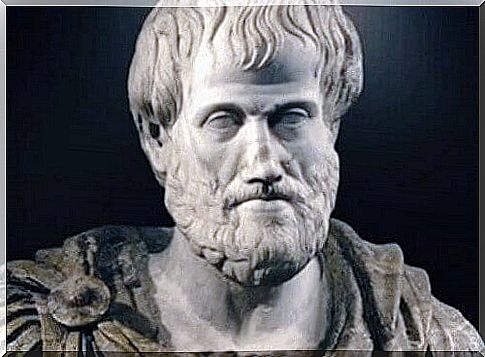
The Renaissance and Humanism
During the Renaissance, the idea of teaching based on experience was born. Authors such as Luis Vives, considered the father of modern psychology, highlighted other elements necessary for education. Motivation, learning and teaching rhythms are examples of this.
Later, Juan Huarte de San Juan began to talk about the different abilities of men, laying the foundations of differential psychology. His studies on educational orientation presented for the first time the idea of the existence of men with different talents.
This is where metaphysics and psychology separate. At this moment, the psychology of education itself begins to take its first steps.
A new science is born
The psychological dimension of education continues to stimulate philosophical discussion and calls into question the sources of knowledge. Rationalism develops its logic from authors such as Descartes and its methodological requirements.
Giovanni Comenio speaks of four fundamental educational characteristics, based on the laws of nature, on the cyclical order of teaching, on the inductive method and on active and pragmatic teaching.
Locke and Hume will also try to save the value of experience against logic and reason. For them, all knowledge is forged through personal experiences, which is why education should be geared towards the disciplines that form the mind.
Other authors such as Rousseau will introduce a naturalistic current in the nascent educational psychology. The French philosopher considers it possible to reach a state of purity also thanks to an education that guides man through a natural type of teaching.
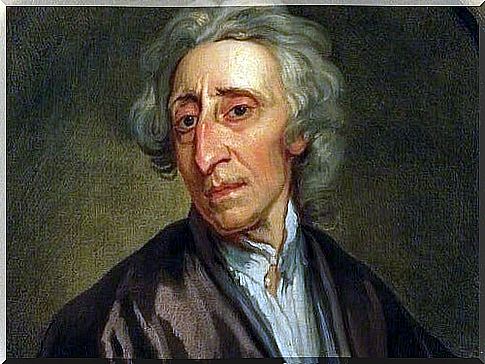
Scientific psychology
In the modern phase, authors such as Herbart appear, claiming that the teacher must know the educational purpose in order to be able to do his job better. This is why it defends educational action from a psychological point of view.
In this way we reach Pestalozzi, considered the father of modern educational psychology. The Swiss pedagogist brings naturalism to practice, but notes that the student also needs interaction with society in order to grow.
And we reach Dewey, who speaks of an active school as a result of a necessary educational renewal on the basis of three aspects: the attitude towards the child, the student as the axis of educational activity and the importance of the teaching content.
The modern psychology of education
We come to the most current authors, who over the last century have significantly contributed to the development of modern educational psychology. In the 19th and 20th centuries, the contribution of authors such as Galton, Hall, Binet, James or Cattell was decisive.
Later, thinkers like Thorndike appeared, which raises the question of learning and its transfer. He was joined by other names such as Judd, the author of works that included early psychometric tests.
Subsequent currents such as Watson’s behaviorism, Gestalt or psychoanalysis begin to consolidate, showing that human behavior is influenced by elements of its own and located outside the center of our consciousness.
Finally, among the most contemporary authors we find Skinner or Becker and their approach to reinforcing behavior. Without forgetting the cognitive currents of Piaget, Goodnow, Bruner or the humanistic ones of Maslow, Rogers or Allport.
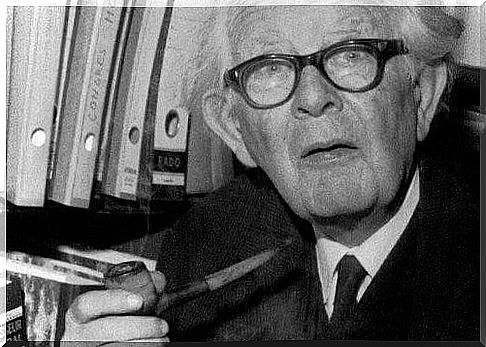
We conclude this brief, but necessary, review dedicated to the history of educational psychology by inviting you to deepen the subject. The names of these authors will serve as a starting point for discovering how we learn what we study.
